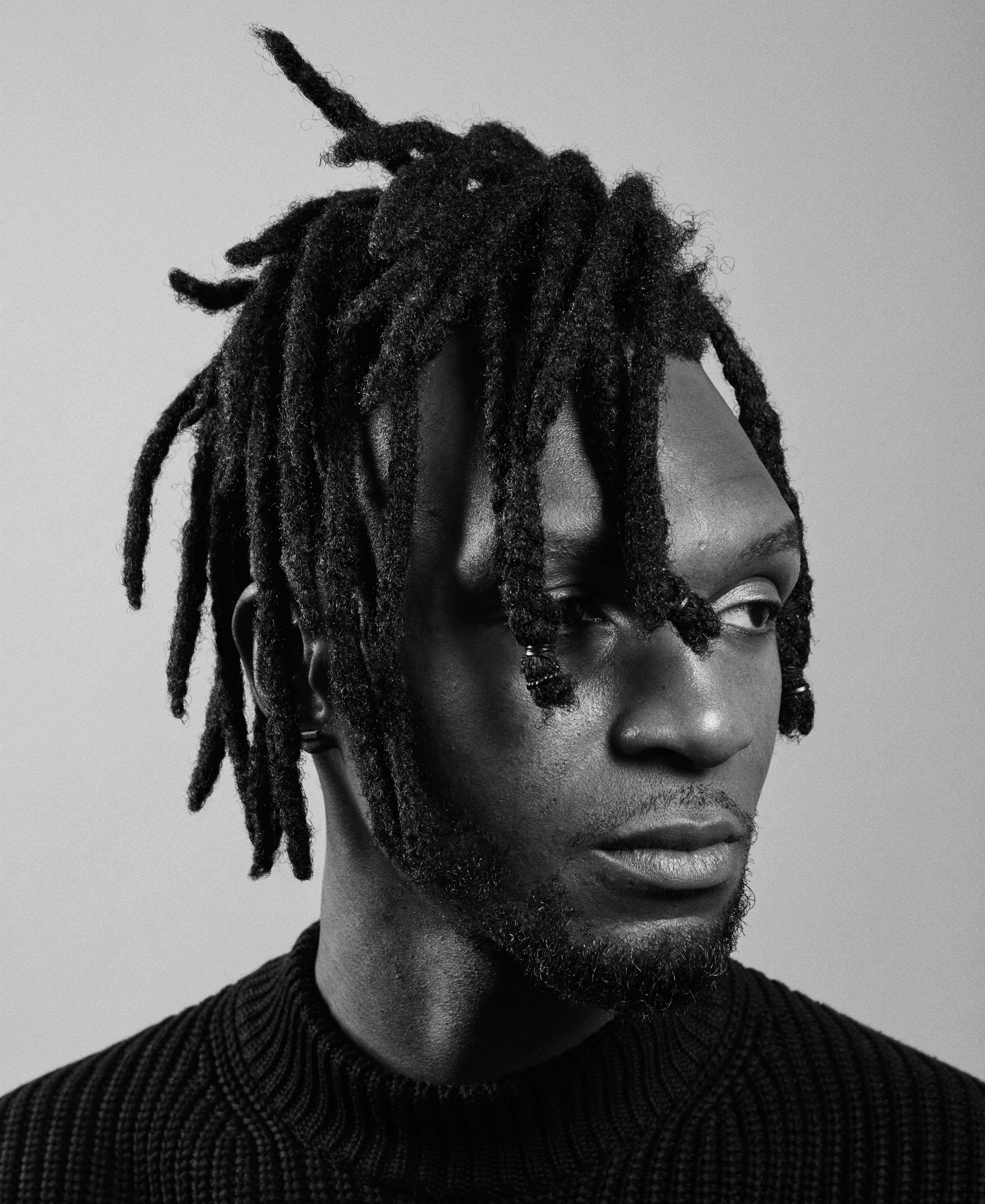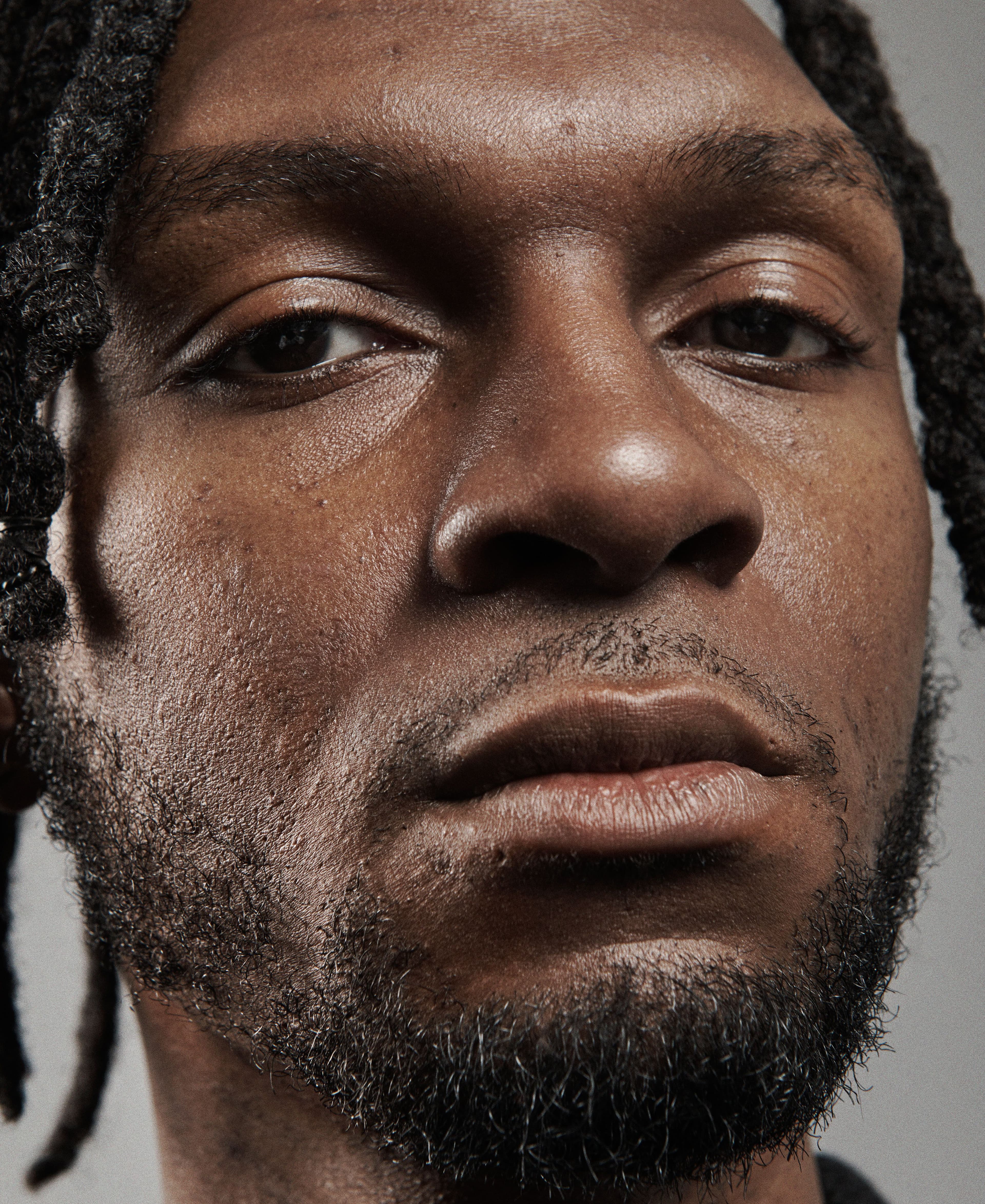
Generation Next: Jawanza Williams
Democrats may have scored a few major political victories in the 2020 election cycle, but for New York progressive Jawanza Williams, the fight has only just begun. As the director of organizing at the grassroots organization VOCAL-NY, expanding HIV/ AIDS support, reducing homelessness, concurrently fighting mass incarceration and the drug war, and fostering political education were just a few of the tasks on his plate. “All of these conversations have to be had in tandem,“ he says, “and you have to be clear with people what we’re talking about, so it’s a lot of work just trying to do that.“
Williams’s political inclinations began to form when he found himself facing a string of personal crises—saddled with student debt after college, he contracted HIV and wound up sleeping in a shelter in New York. The first stirrings of the Black Lives Matter movement served as the backdrop, helping to put his situation into context. “I was in a hyperreflective state, living in the shelter,“ he recalls, “realizing so many things that were happening to me had nothing to do with me.“
When VOCAL-NY did outreach at Williams’s shelter, he signed a clipboard and showed up to one of their meetings. Eight years later, his current role involves helping people answer the same question he had: How can we change the system? “Organizers are intentionally trying to create the conditions for transformation of an individual,“ he explains. “I think that’s what I was needing.“
To create those conditions, Williams offers a simple framework: “Helping people understand what your problem is and the scope of your power and the scope of activity needed to address that issue.“ Organizing is about building political power by seeking out concrete victories, targeting the often unseen issues that have tangible effects on people’s lives. One recent achievement in which Williams and VOCAL-NY played a role was the legalization of recreational marijuana in New York State, an important step towards racial justice. “If you’re organizing people and you’re building their political power and their political understanding, there has to be something in it for them,“ Williams explains, emphasizing the need to identify the concrete progress towards the greater good, however small, that people will recognize in their day-to-day lives, connecting them to others whose experiences may seem remote.
Last year, Williams began to feel challenged about the future, but taking the long view helped remind him why he has dedicated himself to this work. “Just because you don’t see millions of people in the streets today doesn’t mean the movement is gone or has been dissipated or disbanded,“ he says with conviction. “It moves in rhythms and there’s moments where it breaks through, like Trayvon Martin, like George Floyd, like Breonna Taylor. Until we dismantle capitalism and we eradicate white supremacy from our institutions and ultimately from our cultures, those moments will continue to arise.“
Read this story and many more in print by ordering our inaugural issue here. See the full Generation Next series here.

As a nonprofit arts and culture publication dedicated to educating, inspiring, and uplifting creatives, Cero Magazine depends on your donations to create stories like these. Please support our work here.






